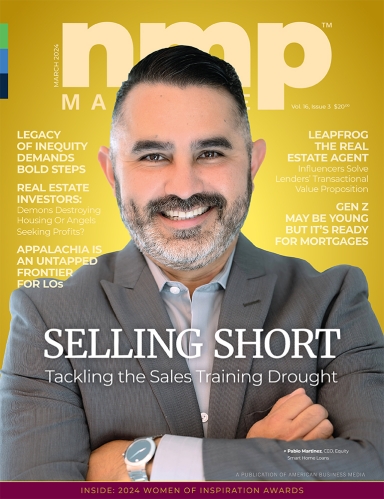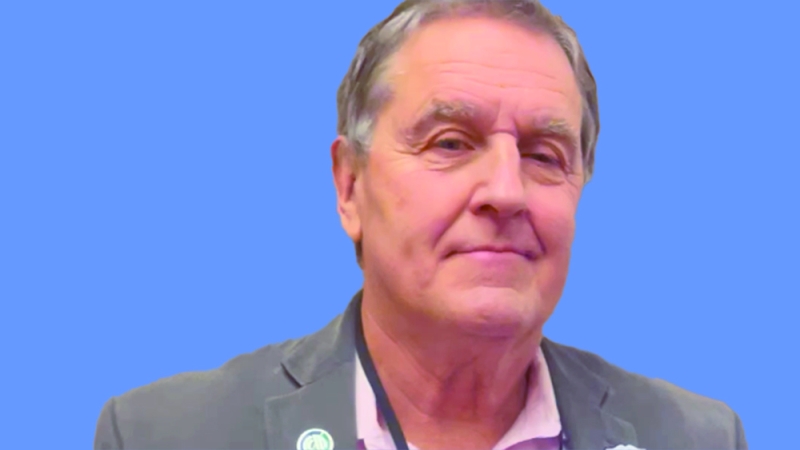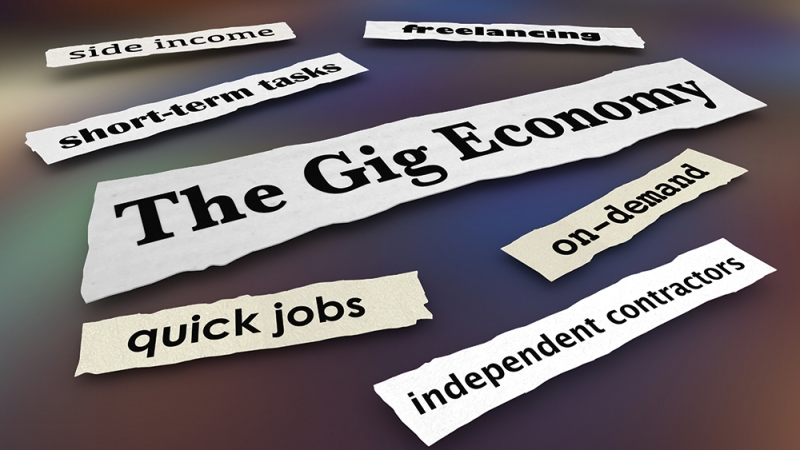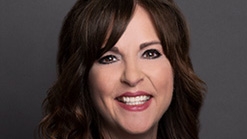To evaluate the effectiveness of DEI programs in the mortgage industry, one must look beyond mere diversity statistics. It involves examining whether these initiatives are creating real pathways for African Americans into leadership roles, ownership opportunities, and equitable lending practices. Are these programs fostering an environment where diverse voices are not only heard but also have the power to influence and enact change? This involves scrutinizing the recruitment, retention, and promotion policies within firms, as well as their lending practices and community engagement strategies.
The Imperative for African American Broker Owners
The striking underrepresentation of African American broker-owners has deep-rooted economic ramifications that continue to foster the essence of redlining. By having a lack of education to truly understand the historical data, experiences (past and present), and the dynamics of redlining, and the lack of representation in the marketplace to understand and work through the challenges faced by African American clients, the gap for homeownership will continue to widen, as lenders and mortgage brokerages alike tend to look at these applicants as more challenging or a higher risk to service (i.e., subconscious redlining).
A closer look reveals that less than 3% of approximately 68,000 mortgage brokerages across the United States are owned by African Americans. This disparity has significant implications for both industry and communities.
The lack of African American ownership in mortgage brokerages does more than just perpetuate a homogenous industry leadership; it leads to a gap in culturally competent services. The absence of African American broker-owners means many homebuyers may not receive the service and understanding required to navigate the complex homeownership process. Furthermore, this disparity reinforces broader economic inequalities. Ownership of brokerage firms not only generates wealth for the owners but also has the potential to create jobs and stimulate economic activity within communities. The lack of African American-owned brokerages contributes to a cycle of economic disadvantage.
As a mortgage brokerage owner and one who has spent the past five years studying market trends and historical data (when available) and speaking to numerous licensed professionals, my experience and interactions have allowed me to see the mirrored paths and troubling national trend that the industry continues to face. Despite the qualifications and capabilities, many African American-owned firms continue to find themselves overlooked or considered as a last resort. This experience is is indicative of a widespread systemic issue that affects African American professionals nationwide. Addressing this underrepresentation requires more than passive acknowledgment; it necessitates proactive measures. This could include targeted support for African American professionals entering the industry, financial assistance for those looking to start their own brokerages, and initiatives to ensure fair access to opportunities.
Proposed Solutions: Towards an Equitable Industry
To address these disparities, a multifaceted approach is needed. Key players in the mortgage industry, particularly the top 10 percent of lenders, should actively collaborate with organizations focused on supporting African American broker owners, like Aspiring Independent Real Estate Experts (AIREE). This collaboration could include providing targeted financial support, mentorship programs, and business development resources. Additionally, there needs to be a concerted effort to create pathways for African Americans to access capital, a critical component for starting and sustaining a brokerage.
Envisioning a Diverse and Equitable Future
As one contemplates the future of the mortgage industry, the ambition should be clear and bold: By the year 2030 and through intentional actions, the mortgage industry should see a landscape where African American professionals are proportionately represented, mirroring their demographic presence in the U.S. population, and playing an intricate part of the housing market as a whole. This vision goes beyond merely rectifying historical injustices; it’s about infusing the industry with a rich tapestry of diverse perspectives and experiences, enriching it for all stakeholders, from industry professionals to homeowners.
This objective embodies the essence of an old African proverb: “If you want to go quickly, go alone. If you want to go far, go together.” The journey towards a diverse and equitable mortgage industry is indeed a marathon, not a sprint. It requires collective action, shared responsibility, and a unified commitment to profound, systemic change. Add the need to move with urgency, combined with the efforts, trust, and determination to reshape the world’s understanding of the challenges African Americans face and the collective action required to overcome the obstacles.
This path forward is not just a moral imperative but a strategic one. A diverse mortgage industry is a resilient and innovative one, better equipped to respond to the changing needs of a diverse clientele and more capable of fostering sustainable growth and prosperity.
Allies, advocates, and active participants are necessary to effect actual change. For more information or to suggest future topics on the history of the mortgage industry and how it impacts African Americans, email your request to NMP ([email protected]) today. Together, we can create an industry that not only reflects the diversity of our nation but also leverages its strengths. Let’s embark on this journey with determination and hope, knowing that through the collective efforts of the mortgage industry and licensed professionals, we can pave the way for a more equitable and prosperous future for all.












